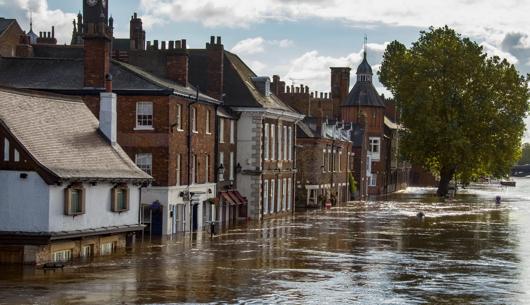In a landmark case in Montana, for the first time a US court has declared that a government has a constitutional duty to protect individuals from climate change. The court found that officials had erroneously failed to address the impact of greenhouse gas emissions in their approval of coal mines, oil drilling and new power plants.
Despite the defence stating that the emissions were too small to impact climate change, the court found that all greenhouse gas contributes towards global warming, leading to issues such as wildfires and droughts. The court found that the constitutional right to a healthy environment extended to include climate matters.
Previous months have seen various environmental disasters arising across the globe, with wildfires spreading in Canada, Tenerife, Hawaii and Rhodes. The blazes have had a catastrophic impact with lives lost, injuries sustained, individuals missing and the mass destruction of homes, businesses and nature.
However, although the declaration requires Montana officials to consider climate impact, this does not guarantee that they will act to improve their conduct in response to it, particularly as the city’s Republican majority advocated for continued drilling and mining. An appeal to the declaration has been promised by the Republican Attorney General.
Similar cases have arisen elsewhere in the world, with a trial scheduled in Hawaii and permission to proceed granted in Oregon. Both instances are surrounding the accountability of those in power for climate related violations. This may lead to further government bodies being required to take responsibility for their contribution to climate change and to protect those being impacted by it.
This is just the latest in a series of cases against both public bodies and private companies seeking to increase corporate and organisational responsibility for climate issues. This is a trend that insurers, particularly those writing management liability business, will want to follow carefully.
Contents
- The Word, August 2023
- Oppenheimer: how do nuclear weapons affect insurers?
- Is Europe’s first EVTOL aircraft on the horizon? - emerging risks for insurers
- The rise in risky cosmetic surgery injections - the increased risk to insurers
- Climate change strikes again
- Can your fine art risks weather the storm?
- How can generative AI assist the insurance industry?
Key contact

Tim Johnson
Partner
tim.johnson@brownejacobson.com
+44 (0)115 976 6557







































